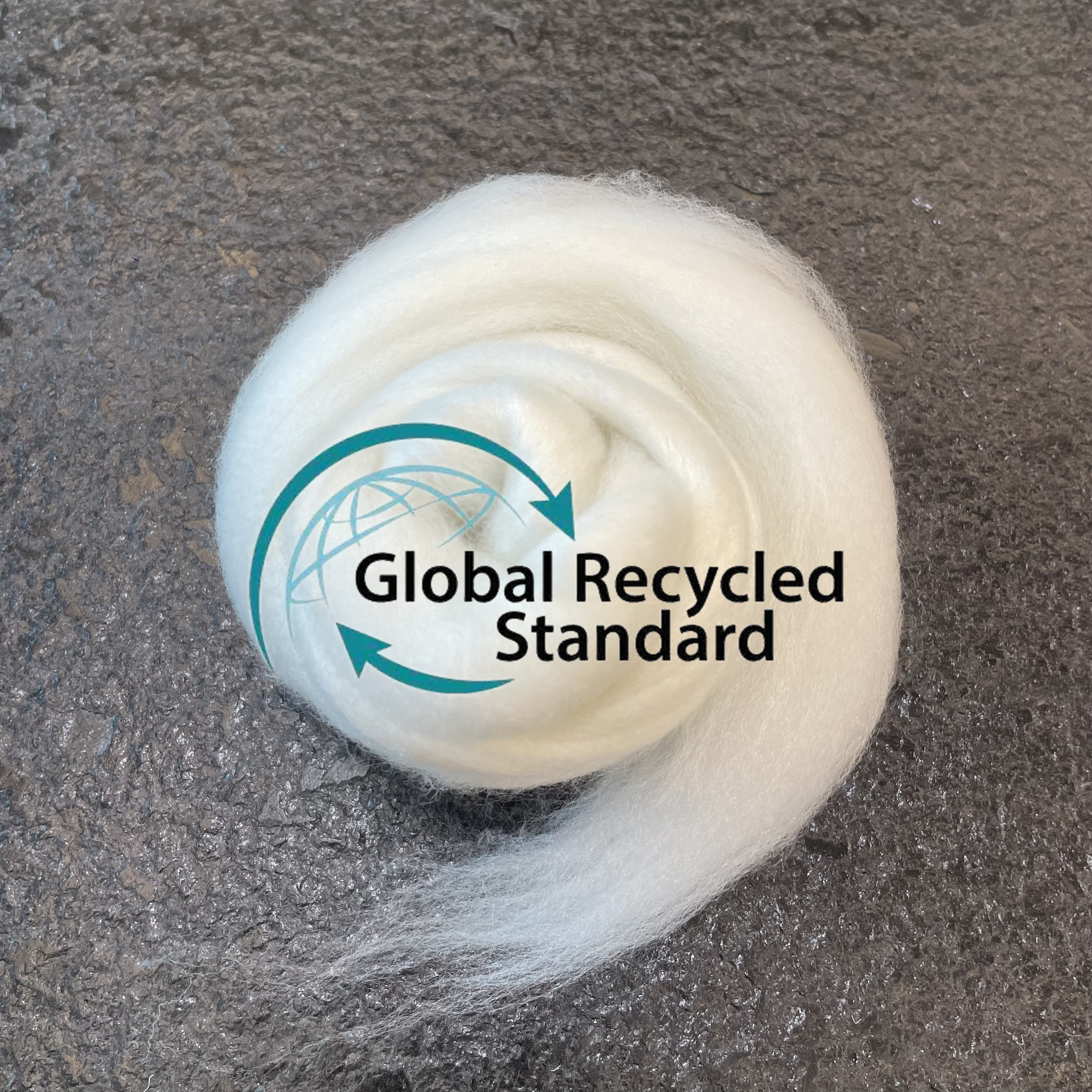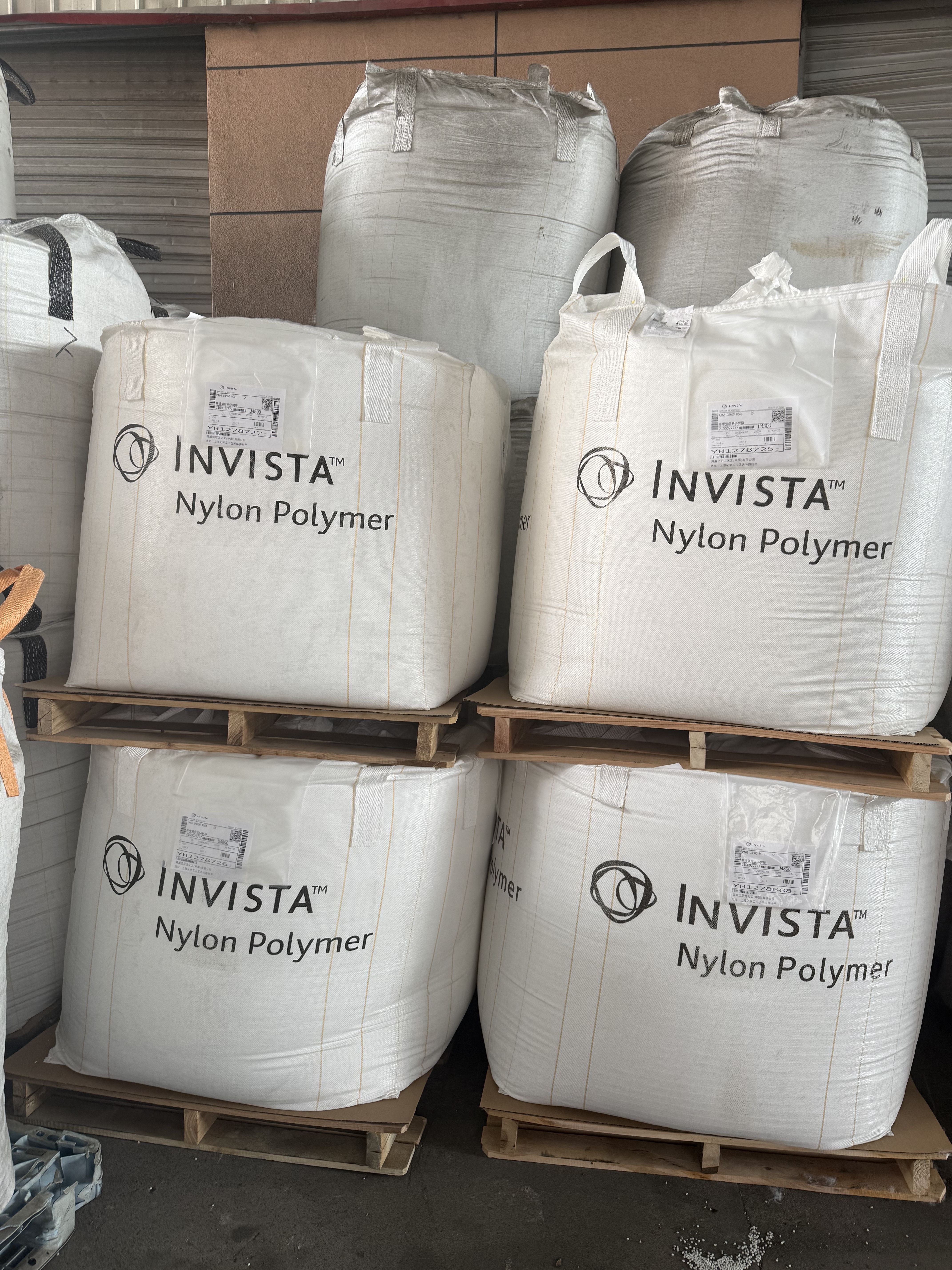The Rise of Sustainable Textiles: Embracing GRS Recycle Nylon Fiber
In an era where environmental consciousness is paramount, the textile industry is undergoing a significant transformation. Consumers and manufacturers alike are seeking alternatives that reduce ecological footprints without compromising on quality or aesthetics. At the forefront of this movement is GRS recycle nylon fiber, a groundbreaking material that offers a tangible path towards sustainability. As one of the leading eco-friendly textile solutions, it represents innovation, responsibility, and a commitment to a greener future for fashion and beyond.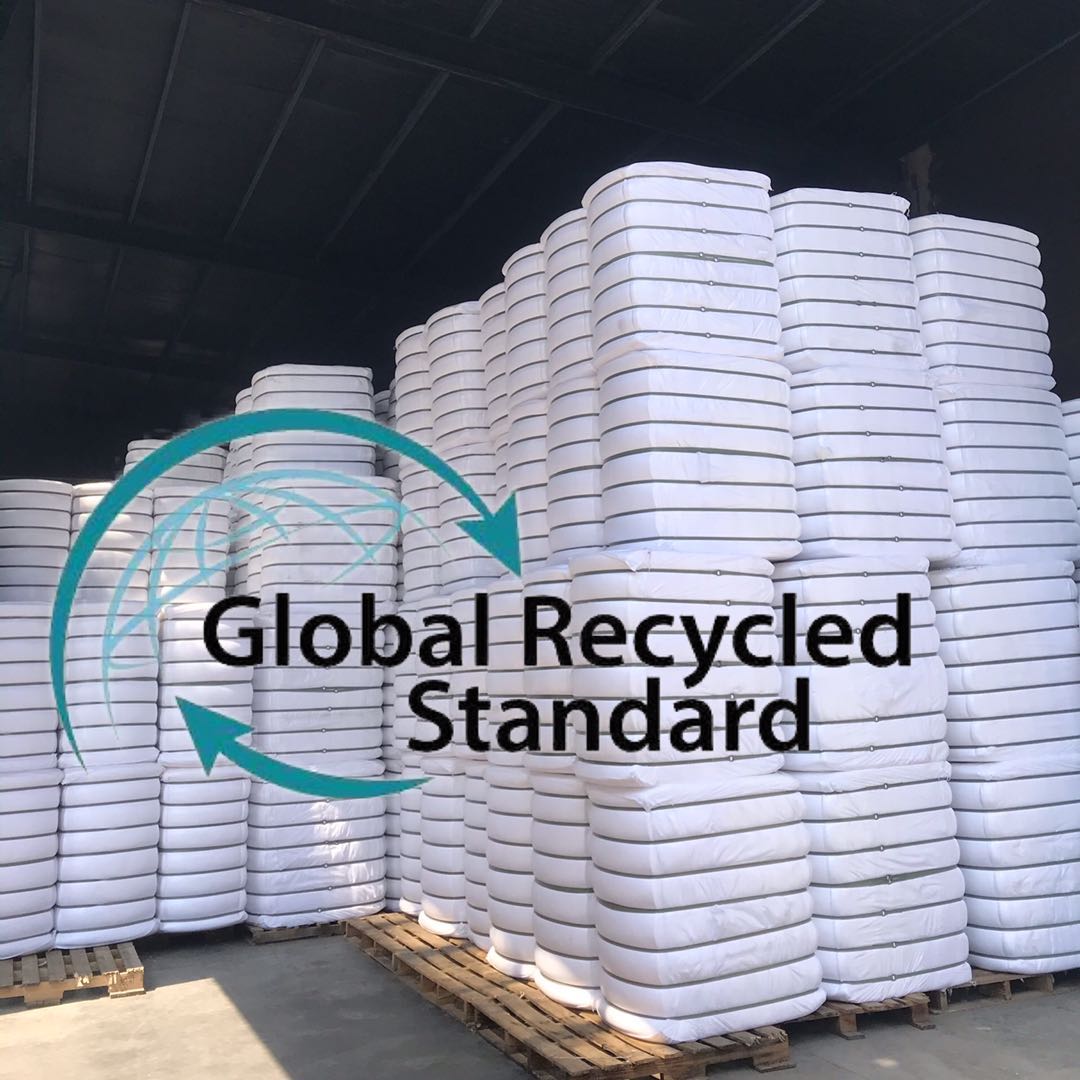
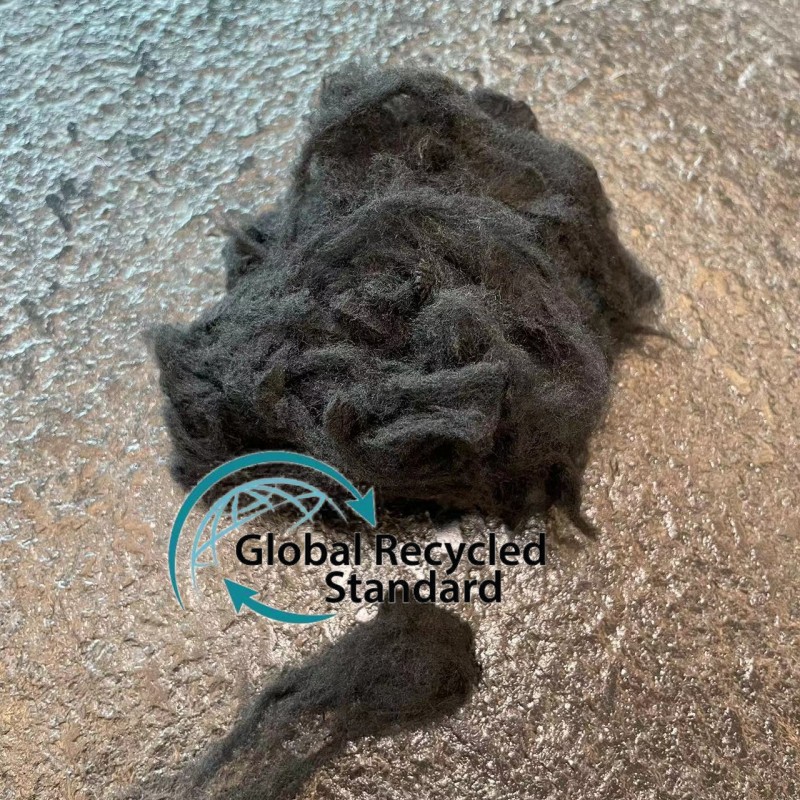
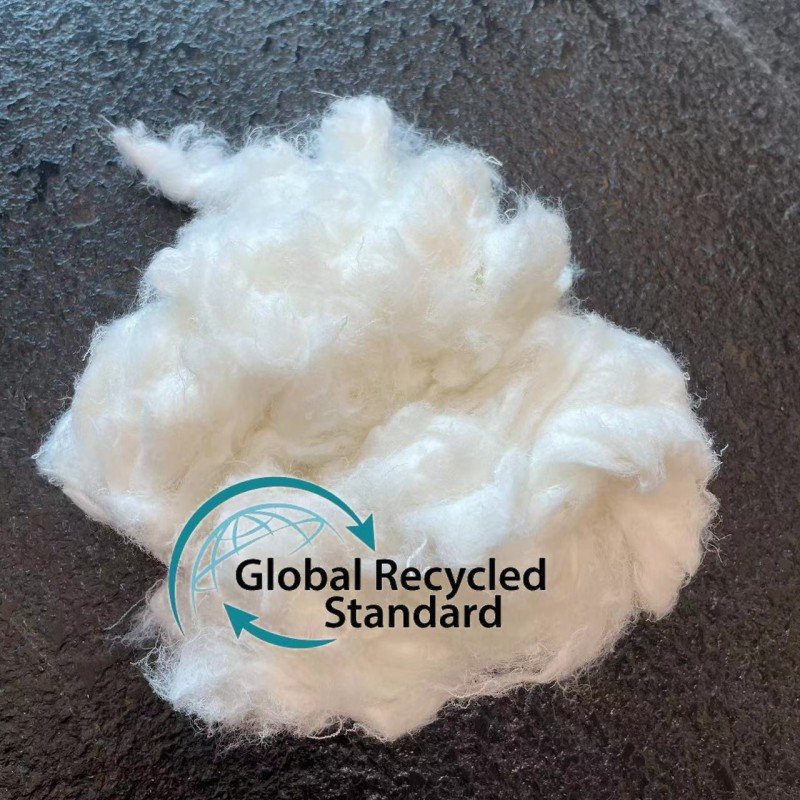
1. What Exactly is GRS Recycle Nylon Fiber?
GRS stands for Global Recycled Standard, a comprehensive, voluntary, international product standard that sets requirements for third-party certification of recycled content, chain of custody, social and environmental practices, and chemical restrictions. When you see GRS recycle nylon fiber, it signifies that the nylon is derived from pre-consumer or post-consumer waste, such as old fishing nets, fabric scraps, or industrial plastic. The process of nylon fiber recycling involves collecting these waste materials, cleaning them, and then depolymerizing or mechanically processing them back into nylon chips or yarns. These are then re-spun into new fibers, like the pristine white, silky fiber described, ready to be woven or knitted into new textiles. This meticulous process ensures that the material meets high-quality standards while championing a circular economy.
2. The Compelling Benefits of Sustainable Nylon Fibers
Choosing GRS recycle nylon fiber over virgin nylon offers a multitude of environmental advantages. Firstly, it significantly reduces our reliance on petroleum, a finite resource required for conventional nylon production. This, in turn, lowers greenhouse gas emissions associated with its extraction and processing. Secondly, opting for sustainable nylon fibers helps divert waste from landfills and oceans, where nylon, being non-biodegradable, can persist for centuries, causing harm to wildlife and ecosystems. The production of recycled nylon also typically requires less water and energy compared to its virgin counterpart. By transforming waste into valuable GRS recycle nylon fiber, we not only conserve resources but also minimize pollution, making it a cornerstone of eco-friendly textile solutions.
3. Versatile Applications: From Recycled Nylon Tops to Technical Textiles
One of the most exciting aspects of GRS recycle nylon fiber is its sheer versatility. Its often luminous white hue and silky texture make it an excellent choice for a wide array of recycle nylon products. In the fashion industry, it's increasingly used for activewear, swimwear, and outerwear due to its durability, elasticity, and moisture-wicking properties. You can find stylish and sustainable recycled nylon tops, leggings, and jackets that perform just as well, if not better, than those made from virgin materials. Beyond apparel, GRS recycle nylon fiber is used in hosiery, lingerie, upholstery, carpets, and even technical textiles like ropes and parachutes. Its ability to be blended with other fibers further expands its potential, allowing designers to create innovative and sustainable materials for diverse markets.
4. The GRS Assurance: More Than Just Recycled Content
The Global Recycled Standard goes beyond merely verifying the recycled content in GRS recycle nylon fiber. It provides a holistic assurance of responsible production. The standard includes stringent social criteria, ensuring fair labor practices throughout the supply chain. It also mandates robust environmental management systems, requiring facilities to monitor and improve their energy use, water consumption, wastewater treatment, and emissions. Furthermore, GRS enforces strict chemical restrictions, prohibiting the use of harmful substances often found in conventional textile manufacturing. This comprehensive approach ensures that products made from sustainable nylon fibers are not only environmentally friendly but also ethically produced, aligning with the growing demand for transparency and accountability.
5. Partnering for Sustainability: Choosing Your Nylon Fiber Suppliers
For businesses looking to incorporate GRS recycle nylon fiber into their products, selecting the right nylon fiber suppliers is crucial. Reputable suppliers will be able to provide valid GRS certification for their materials, ensuring traceability and authenticity. Look for suppliers who are transparent about their sourcing and production processes. Many forward-thinking nylon fiber suppliers are investing heavily in research and development to enhance the quality and broaden the applications of recycle nylon products. Building strong partnerships with such suppliers can help brands innovate and confidently market their sustainable collections, telling a powerful story of transforming waste into desirable goods. This collaborative effort strengthens the entire ecosystem for eco-friendly textile solutions, driving the industry towards a more circular model.



